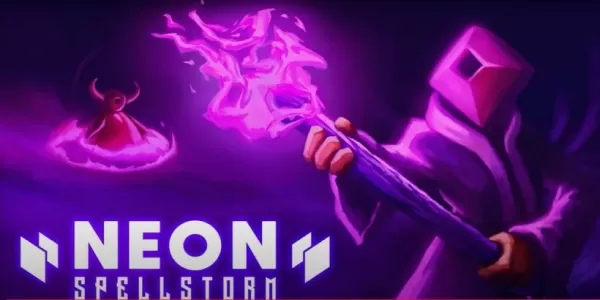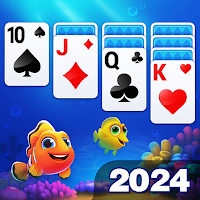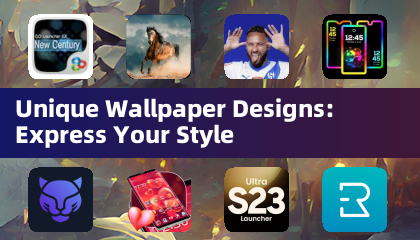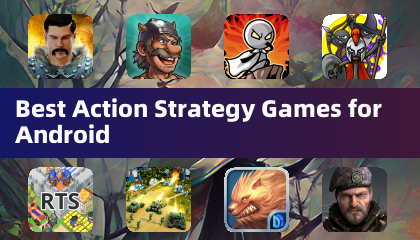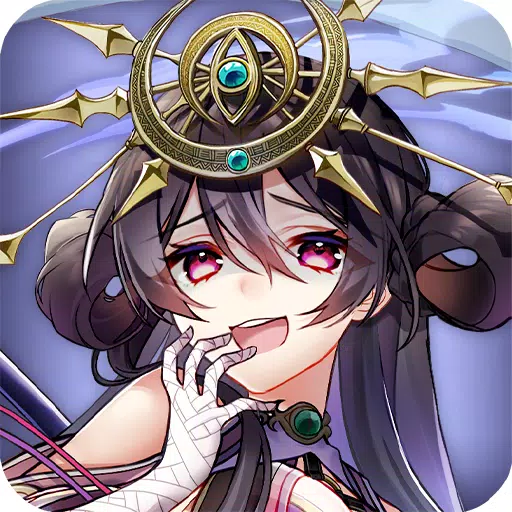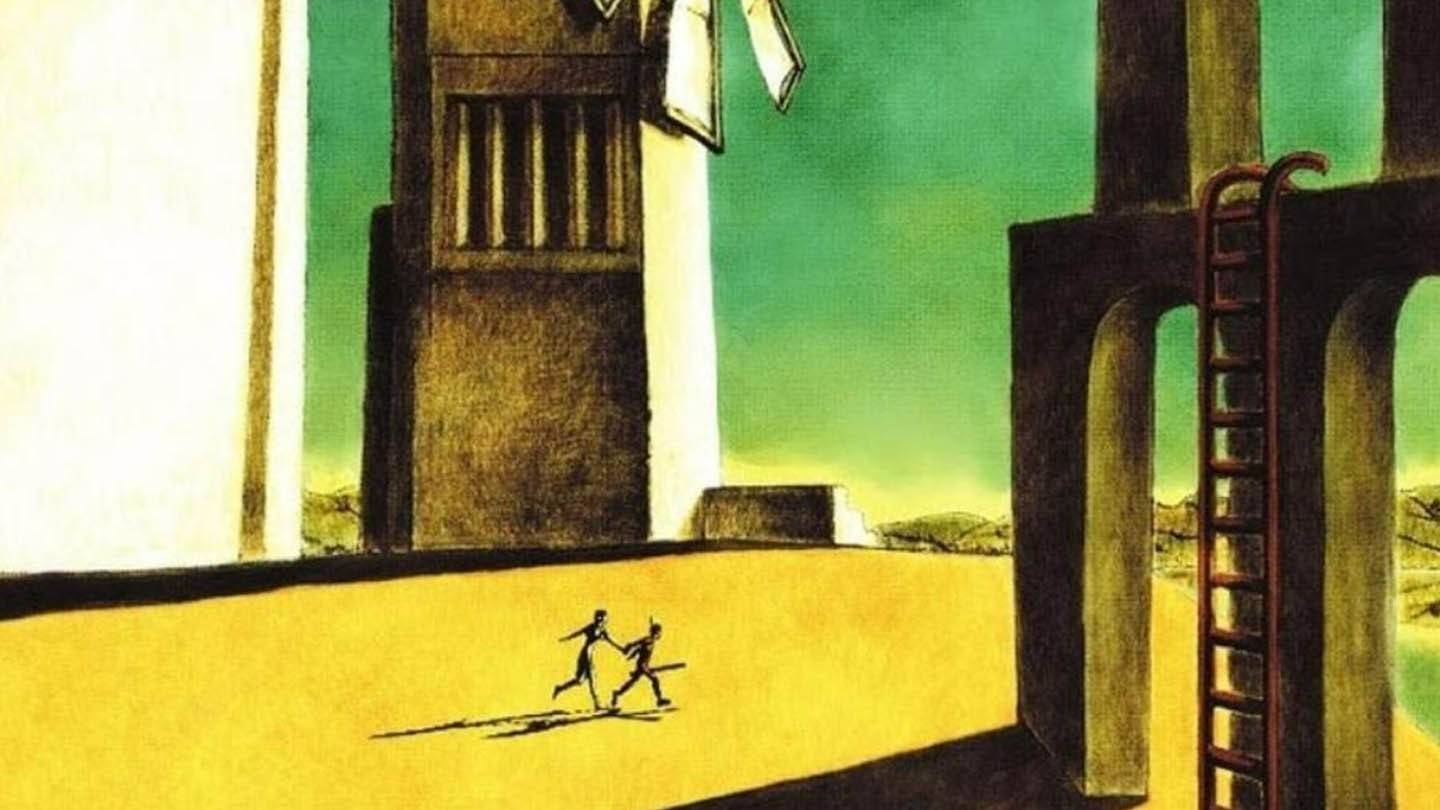
Yoko Taro, the visionary behind iconic titles such as NieR: Automata and Drakengard, has openly discussed the profound impact that ICO had on video games as an art form. Released in 2001 for the PlayStation 2, ICO quickly garnered a cult following due to its minimalist approach and narrative conveyed without dialogue.
Taro has lauded the game's innovative mechanic where players guide the character Yorda by holding her hand, a feature that significantly altered the gameplay norms of its era. "If ICO had you carrying a suitcase the size of a girl instead, it would have been an incredibly frustrating experience," Taro stated. He emphasized that the necessity to lead another character was revolutionary, challenging the conventional understanding of interactivity in games.
During this period, successful game design was often measured by its ability to remain engaging even when reduced to the simplest forms, such as cubes. ICO, however, broke from this mold by placing emotional resonance and thematic depth at the forefront, rather than focusing solely on mechanical innovation. Taro believes that ICO demonstrated that art and narrative could be more than just background elements; they could be essential to the gaming experience itself.
Labeling ICO as "epoch-making," Taro credits it with altering the course of game development. He applauds the game for showing that video games have the potential to convey deep meanings through subtle interactions and atmospheric design.
In addition to ICO, Taro also acknowledges the influence of two other groundbreaking games: Undertale by Toby Fox and LIMBO by Playdead. These games, he contends, stretched the limits of what could be achieved through interactive media, affirming that video games are capable of delivering profound emotional and intellectual experiences.
For enthusiasts of Yoko Taro's creations, his appreciation for these games provides a window into the influences shaping his work. It also highlights the continuous evolution of video games as a dynamic and expressive art form.

